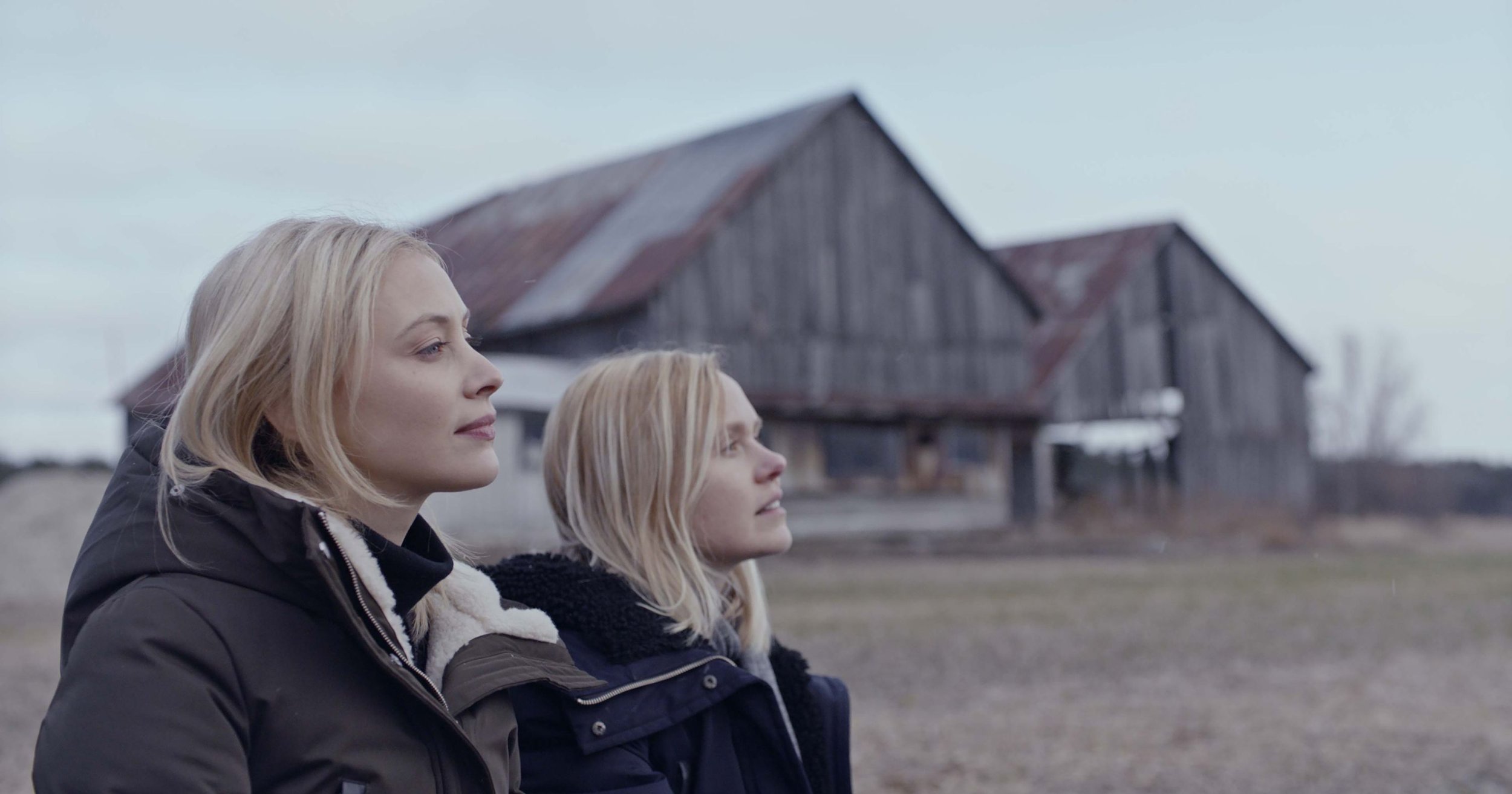Film review: All My Puny Sorrows stays true to novel's offbeat mix of wry laughter and darkness
Artfully restrained adaptation is an affecting meditation on depression, mortality, and family bonds
All My Puny Sorrows is now playing at Fifth Avenue Cinemas
“YOU GOTTA get your shit together,” one sister tells another from a hospital bed, and then both of them smile at the absurdity of the situation: the person giving the advice is recovering from a suicide attempt.
It’s just one of the moments in Miriam Toews’s affecting novel All My Puny Sorrows that could go disastrously, taken off the page and put on screen. But director Michael McGowan manages to find the right balance of wry humor and darkness in his artfully restrained and deeply affecting new film adaptation.
As Yoli, Toews’s stand-in in this largely autobiographical story, Alison Pill deserves a large part of the credit for getting the tone right. She’s a rumpled, sardonic author, a mess as she enters her 40s, jumping compulsively into flings, getting schooled by her teenage daughter, struggling to get the tattoos of her misspent youth removed, and wrestling with writers’ block. The stress is getting to her: pity the poor sap who happens to mention she’s parked too close to his car in the hospital parking lot.
It’s life’s great irony, then, that it’s her seemingly perfect, famous-pianist sister, Elfrieda, or “Elf”—played here by a luminous Sarah Gadon—who is so determined to end her own life.
The film centres around the conversations Yoli has with Elf in that hospital, their lives shown in flashback. Both are haunted by the death of their father, who threw himself in front of train. Mare Winningham hits a near-perfect earthy stoicism as their fiercely supportive mother; watch her pound chicken cutlets with a mallet as Mennonite church elders discuss “losing” a young Elf to piano training, and it’s breathtaking to watch her deliver the film’s most affecting lines, about the agony not just of grief, but letting go of it.
Elf’s debilitating depression drives a wedge between two otherwise loving sisters: as Yoli tells her sibling, she’s become her enemy because she wants her to live. The film, just as the novel did, gets at essential, frustrating realities around suicide, addressing everything from society’s faulty judgment of it as a “selfish act” to an open consideration of the “Swiss clinics” Elf longs for that allow the incurably depressed too take their own lives in dignity. Yoli longs to reason with a fundamentally irrational urge: in one of the film’s most poignant moments, she attempts to convince her sister to have the patience to wait for death, because it’s going to come to everyone at some point anyway.
As much as it balances those bleak conversations about mortality and agency with Toews’s wry humor, the film doesn’t quite capture the novel’s other central theme: the parallels between the patronizing Mennonite church and the patronizing mental health system. And at times, it avoids some of the uglier realities of Elf’s battles.
But McGowan digs at the deeper truths about familial bonds and the mysteries of meaning and mortality. Often shot against expansive Manitoba skies, the film has a dreamlike, meditative quality that fits the theme: the unknowable puzzle of existence, one that Yoli is trying desperately to unravel. Those skies—like the vast, unmeasurable love of a sister or a mother—make all of our sorrows seem puny.














